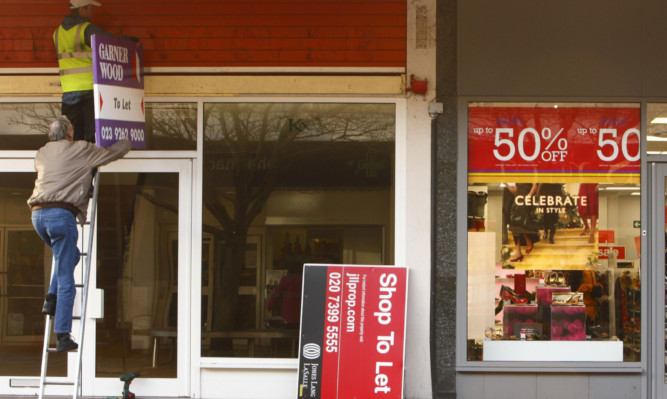Investment in Scotland’s town centres is being held back by the time retailers spend securing the various consents required to open a shop.
The Scottish Retail Consortium said a “far more flexible and less time-consuming approach” was needed to planning and building standards if real headway was to be made in filling the hundreds of void shop units across the country.
SRC director David Lonsdale was speaking ahead of a debate at Holyrood today to mark the first anniversary of the publication of the Town Centre Action Plan for Scotland.
Mr Lonsdale said encouraging new retailers to take on void outlets remained a significant issue across Scotland.
He said the problem was particularly bad when it came to new lettings in listed buildings, where regulations over what can and cannot be done is even more stringent.
“Our town centres and high streets have a great deal to offer and the fewer empty shops there are, the more attractive it becomes for shoppers and indeed for other retailers and businesses,” Mr Lonsdale said.
“However, with one in every 11 shops still vacant, further action is required to spur additional private-sector investment in our town centres, and to make it easier and less costly for retailers to expand their property footprint.
“I know from speaking to many shopkeepers that they view the building standards system in Scotland as a real bugbear.
“Chief concerns include the length of time needed to secure consents and warrants to open new shops, particularly in listed buildings which are common in our town centres, but also for things like putting in seats, toilets and signage.
“This is holding back much-needed investment in our town centres.”
The SRC said it also wanted to see a rejuvenation of the business rates incentivisation scheme and a ring-fencing of monies accrued for the specific purpose of progressing town centre regeneration projects.
It has also called for rates north of the border to be pegged to ensure they are never higher than in England.
